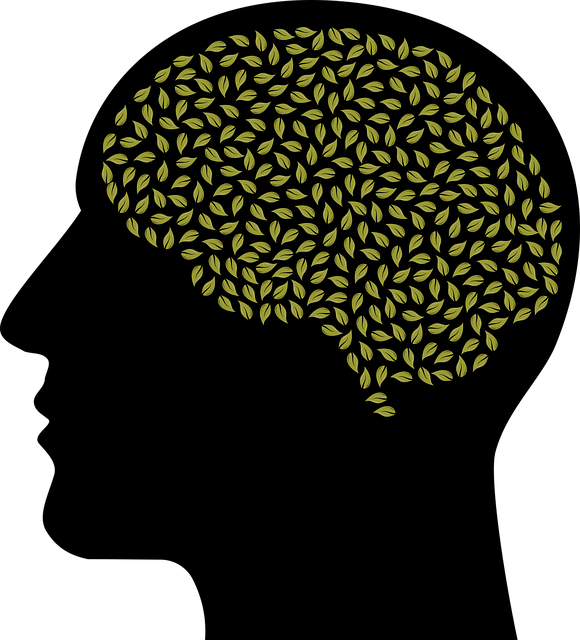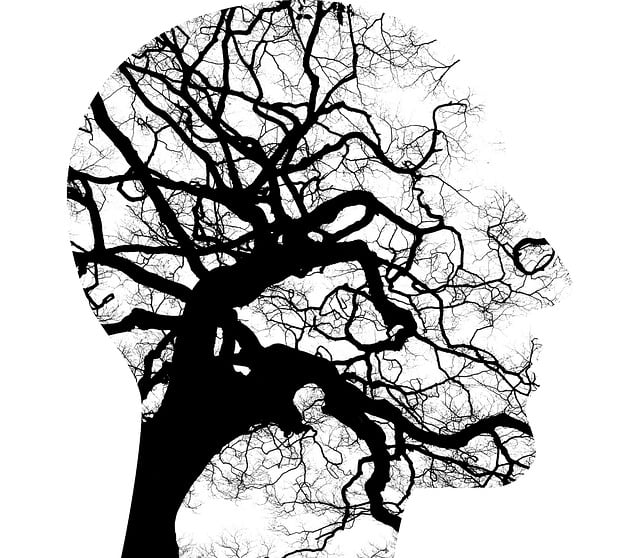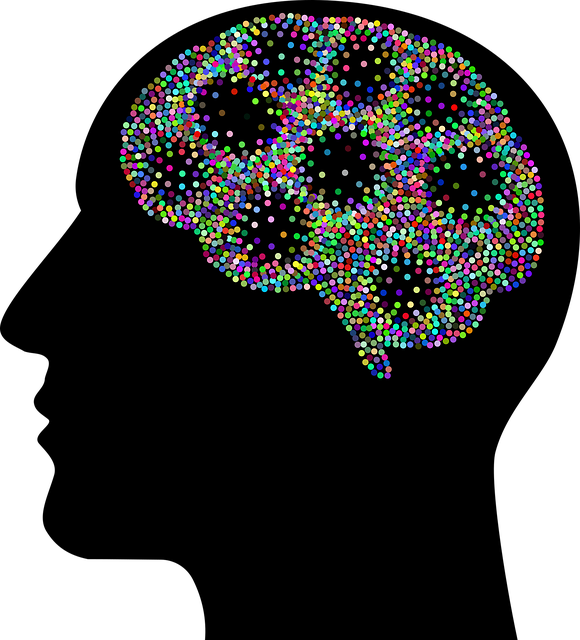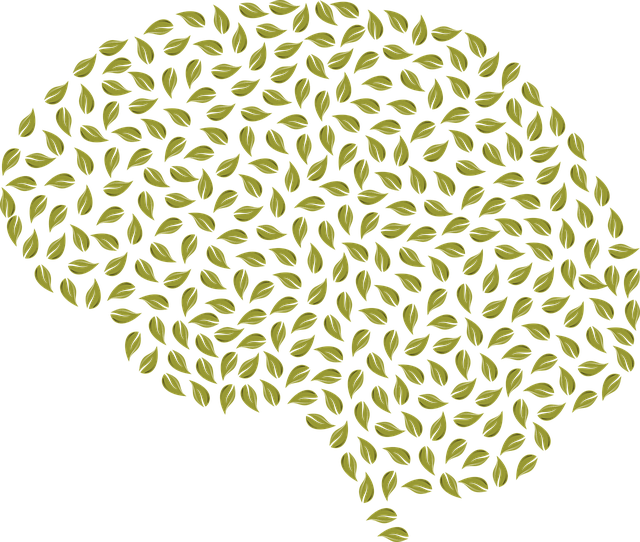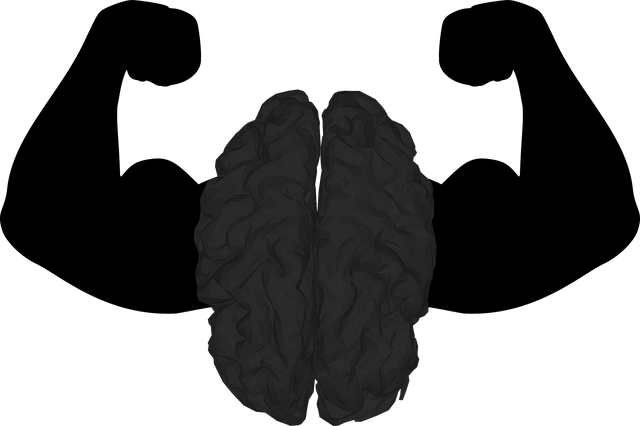Community outreach programs effectively drive positive change and strengthen social bonds within diverse communities, especially focusing on marginalized or underserved populations. These initiatives provide essential therapy for young children and individuals facing major life transitions, bridging gaps in mental health support. Public awareness campaigns educate on emotional regulation and mindfulness meditation, empowering individuals with coping strategies to enhance well-being and foster community resilience. Targeting young children early offers significant advantages during critical developmental periods, promoting inner strength, self-care routines, and emotional regulation skills through tailored interventions. Community outreach programs facilitate safe spaces for processing emotions and cultivating positive thinking during challenging life transitions, strengthening resilience by providing accessible tools and resources. Implementing these programs requires strategic planning, comprehensive risk management, cultural competency training, and incorporating self-awareness exercises to ensure equitable care and inclusivity.
Community outreach programs play a pivotal role in fostering positive change, addressing diverse needs from therapy for young children to supporting individuals through major life transitions. This article delves into these initiatives’ foundational importance, highlighting specific strategies tailored to young children’s development and life transition support systems. By exploring key considerations for implementation, we aim to illuminate effective program design for lasting impact, emphasizing the power of community collaboration in enhancing resilience and growth.
- Understanding Community Outreach Programs: A Foundation for Positive Change
- Targeting Young Children: Benefits and Strategies for Therapy and Development
- Navigating Major Life Transitions Together: Support Systems for Growth and Resilience
- Implementing Effective Programs: Key Considerations for Success and Long-Lasting Impact
Understanding Community Outreach Programs: A Foundation for Positive Change

Community outreach programs are a powerful tool for fostering positive change and strengthening social connections within a community. These initiatives aim to bridge the gap between diverse groups, offering support and resources where they are most needed. By reaching out to various segments of society, especially marginalized or underserved populations, such programs can provide much-needed therapy for young children and individuals facing major life transitions.
One of the key aspects of successful outreach lies in raising public awareness campaigns that educate on relevant topics. For instance, promoting emotional regulation and mindfulness meditation can empower individuals with coping mechanisms during challenging times. This strategy not only enhances overall well-being but also fosters a sense of community resilience, ensuring that everyone has access to tools for managing stress and navigating life’s complexities.
Targeting Young Children: Benefits and Strategies for Therapy and Development

Targeting young children with community outreach programs offers unique benefits during critical periods of their development. Early intervention can significantly impact their future mental health and overall well-being, especially when navigating major life transitions. Children at this age are more adaptable and receptive to new experiences, making it an optimal time for therapy and skill-building initiatives.
Implementing strategies focused on self-care routine development for better mental health fosters inner strength in young individuals. By teaching them anxiety relief techniques and emotional regulation skills, community outreach programs contribute to their resilience. These programs can incorporate interactive activities that promote open communication, enabling children to express their feelings and build coping mechanisms tailored to their needs. Such initiatives lay a solid foundation for healthy development, ensuring they possess the tools to manage future challenges effectively.
Navigating Major Life Transitions Together: Support Systems for Growth and Resilience

Navigating Major Life Transitions Together: Support Systems for Growth and Resilience
Major life transitions can be challenging, especially for young children who are still developing their emotional understanding. When a family faces a significant change, such as moving to a new city or losing a loved one, it’s crucial to provide them with the right support systems. Therapy for young children during these times offers a safe space to process emotions and cultivate positive thinking. This can include communication strategies tailored to their age, helping them express their feelings and understand the transition.
By integrating emotional healing processes, community outreach programs can fortify resilience in both children and families. These initiatives ensure that everyone has access to necessary tools and resources, fostering a sense of belonging and adaptability. Encouraging open dialogue and providing age-appropriate explanations facilitate a smoother transition, allowing individuals to grow from these experiences rather than being overwhelmed by them.
Implementing Effective Programs: Key Considerations for Success and Long-Lasting Impact

Implementing effective community outreach programs requires a strategic approach to ensure success and long-lasting impact. When designing initiatives aimed at supporting therapy for young children or aiding individuals navigating major life transitions, several key considerations come into play. First, a comprehensive risk management planning for mental health professionals is essential to safeguard both the practitioners and the beneficiaries, fostering an environment of trust and security. Secondly, integrating healthcare provider cultural competency training ensures that services are sensitive and accessible to diverse communities, promoting equitable care.
Additionally, incorporating self-awareness exercises within these programs can significantly enhance their effectiveness. By encouraging participants to reflect on their own experiences and biases, community outreach initiatives become more inclusive and impactful. This holistic approach not only improves individual outcomes but also contributes to building stronger, more resilient communities over time.
Community outreach programs, by addressing both therapy for young children and major life transitions, play a pivotal role in fostering growth and resilience within communities. As discussed, targeting these key areas with tailored strategies can lead to significant, long-lasting positive change. By implementing effective programs that prioritize inclusivity, accessibility, and cultural sensitivity, we can create supportive systems that empower individuals of all ages to thrive. Remember that navigating these aspects together strengthens our collective soul, offering sustenance during challenging times and celebrating victories alike.



